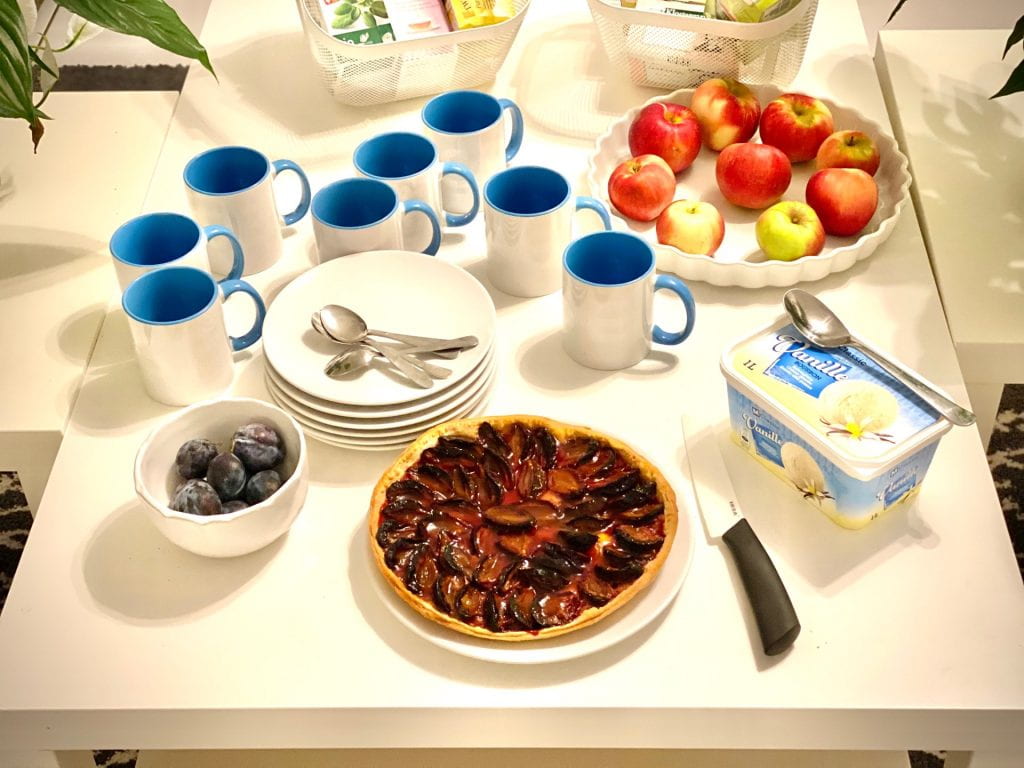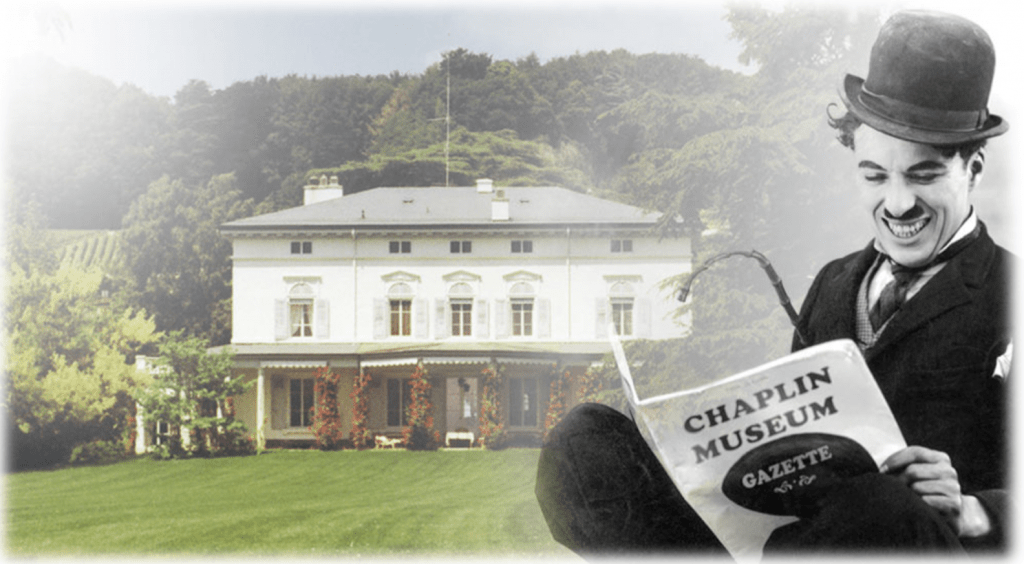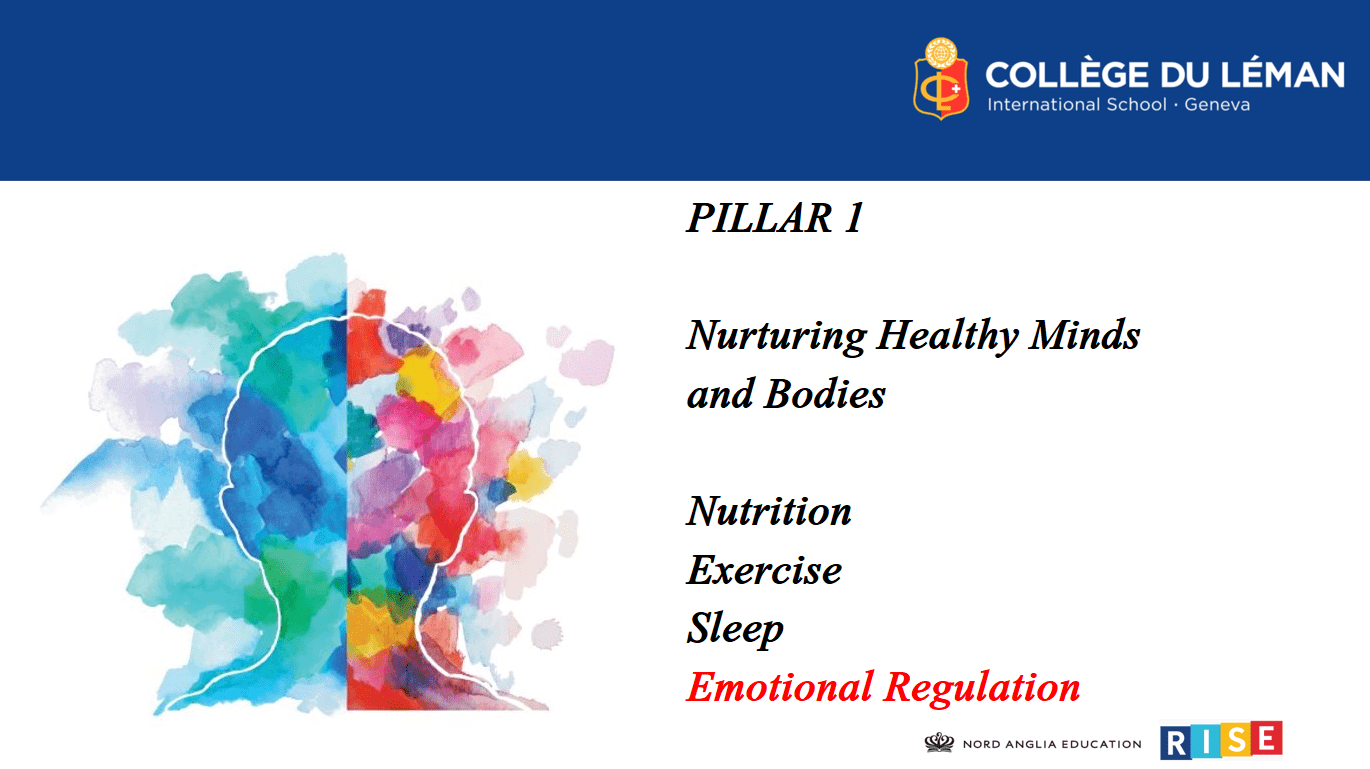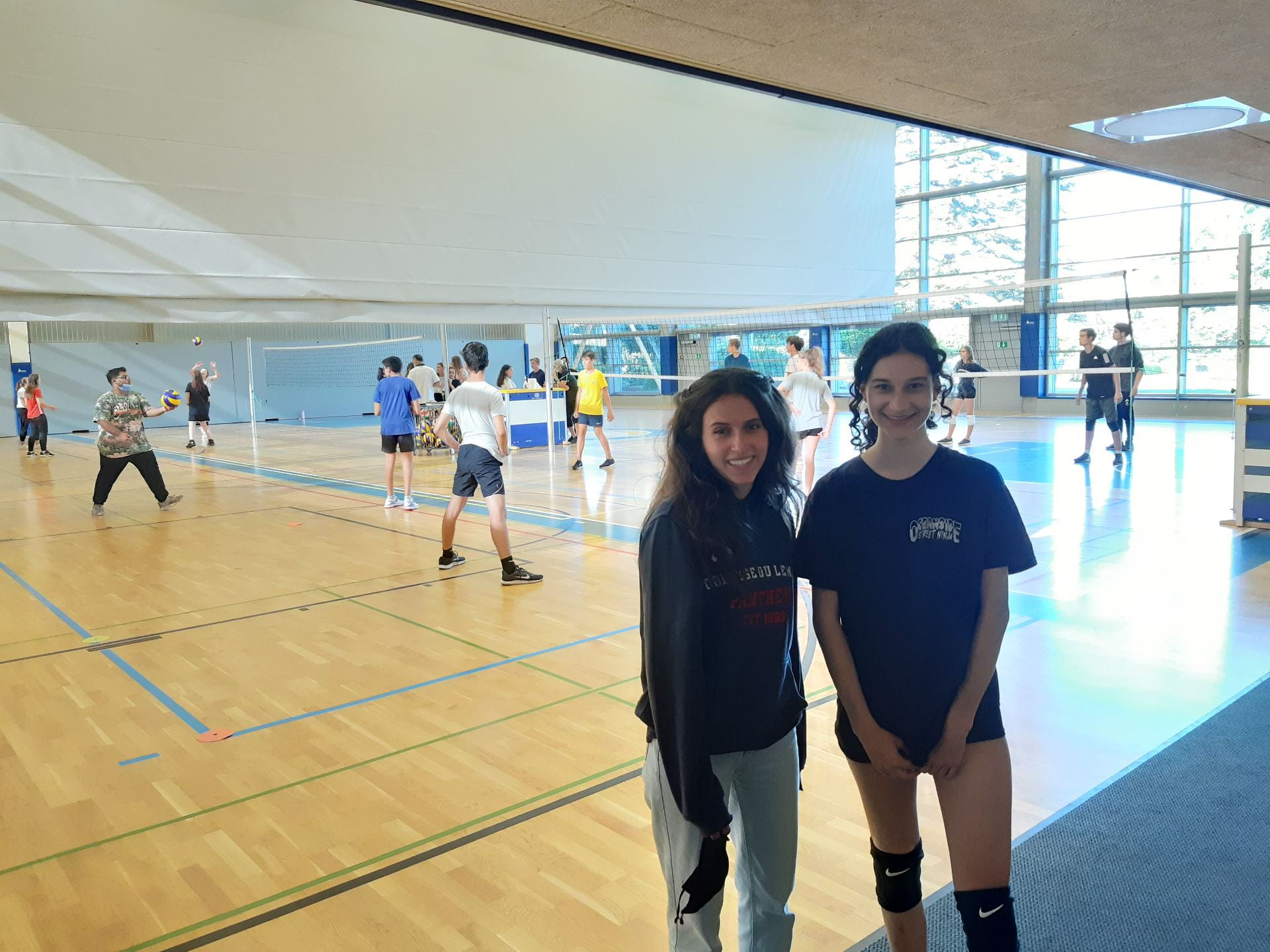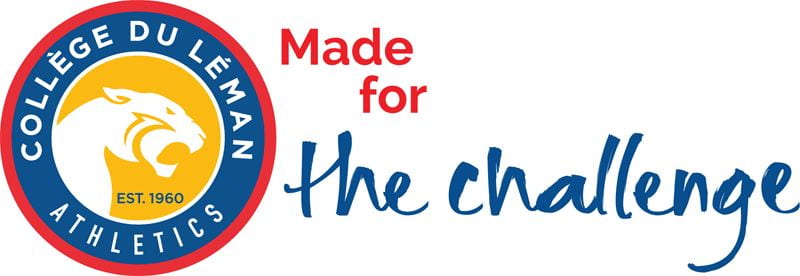
As a new school year begins and following our Pastoral Program, tonight we had our First Well-Being Tutorial. This will be a 5 Pillar Program carried out over the year, focusing on different areas of our lives. We will be focusing on looking after ourselves and others around us. We will be spending an hour a week together concentrating on what it means to have a positive attitude towards our own well being and the benefits it can bring us both academically, socially, and personally.
As a novelty, this year we use Padlet to choose a challenge. Padlet is an online virtual “bulletin” board which can be used by students and tutors to post notes on a common page.Students can choose their individual project and the House Parents can share community ideas. The notes posted by tutors and students can contain links, videos, images, and document files.
During this first session focused on Nurturing Healthy Minds and Bodies, we began by asking them to give us a synonym for the word Well-Being and what personal association they have with that word. Understanding the initial concept is important. Some of their responses included: feeling happy, healthy, calm, lively, vital, energetic, having a good sense of humor and being glad.
Following, we asked them questions like:
– How many hours do you sleep and what time do you approximately fall asleep?
– How do you manage to relax in the face of problems in general?
– How many meals do you have per day and what do you eat? What do you drink?
– What sports do you practice and how often? Do you practice yoga or meditation?
We discussed it together and we set up a new action plan:
1– Unlike us, who have grown up without the internet and mobile phones, our students were born into the age of the Internet and for them, it is something intrinsic and second nature. Students need 7/ 8 hours per night to sleep. Due to their lack of sleep, we made a deal: During the week, they are not allowed to use mobile phones after 22.30.
2- To help relax their body and mind after an intensive daily routine, we suggested that they take a shower and drink a tea or infusion before bedtime. Obviously, family calls/chats are important as well as attending yoga classes or meditating, all helping them feel more relaxed.
3- They need at least five meals: breakfast, snack at school, lunch, snack after school, and dinner. We suggested that they avoid eating fast food and energy drinks. Best to drink water. Tuck shop is cancelled so they can buy their health food.
4- They must practice more sports. Almost all of them have signed up for 1 or 2 activities during the week/weekend: fitness, volleyball, horse, soccer, tennis, and pool.

In the next weeks our Well-Being sessions we will cover sleeping patterns, healthy eating habits, sports, meditation and any other ideas we find relevant in order to give tools to the girls to balance their lives and build up in a positive frame and with the structure needed to the achievement of their full potential.
